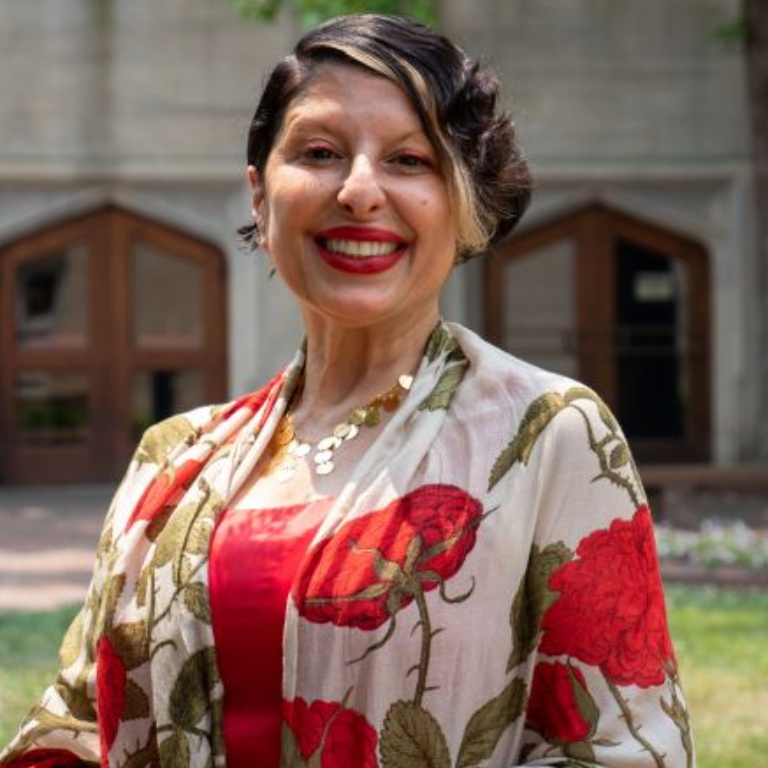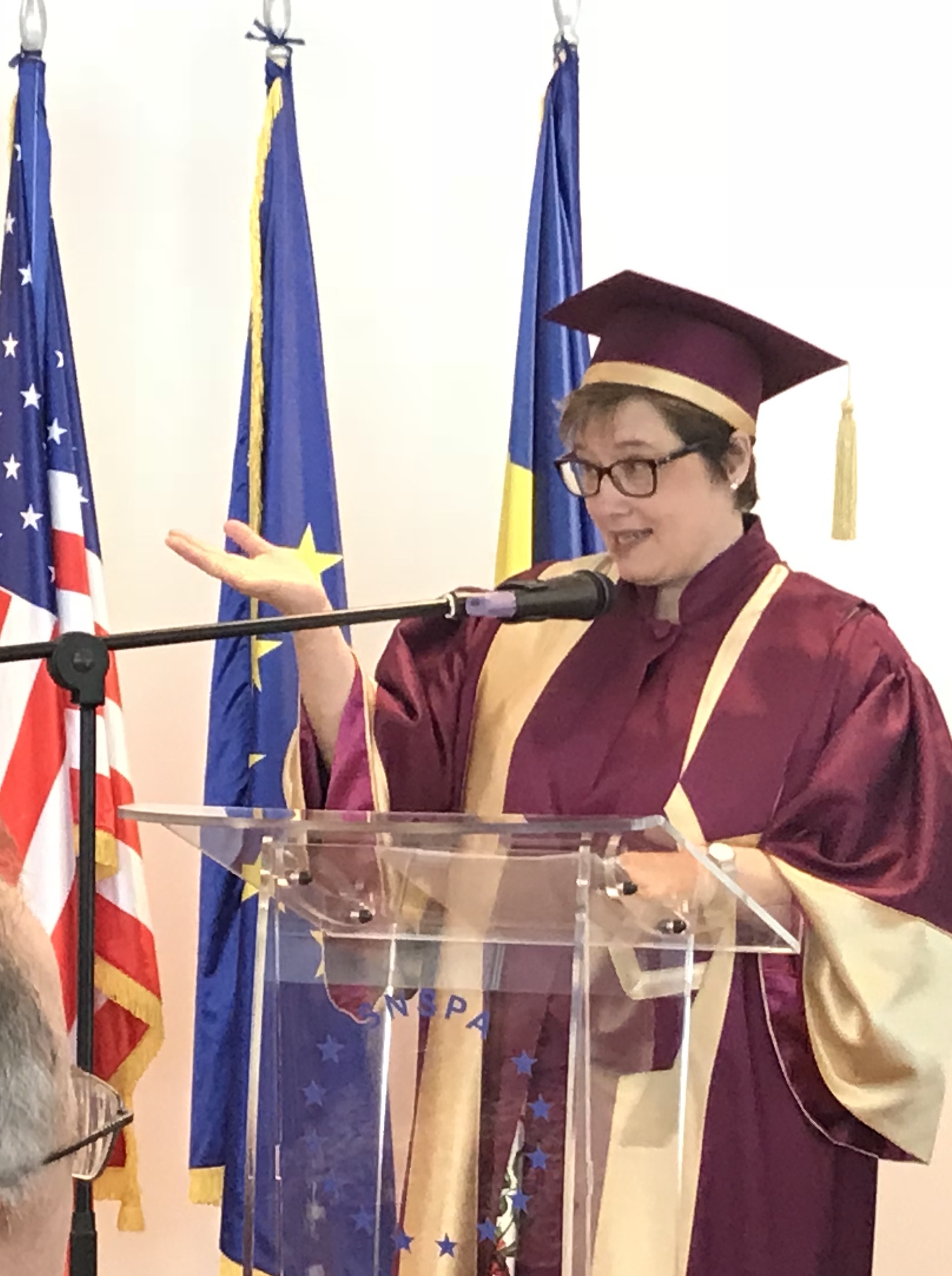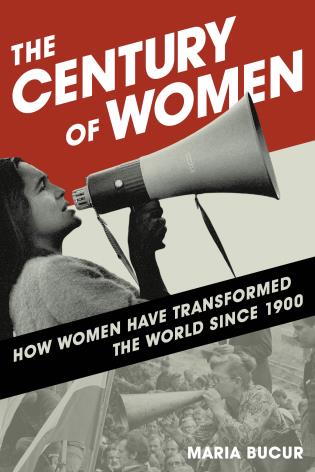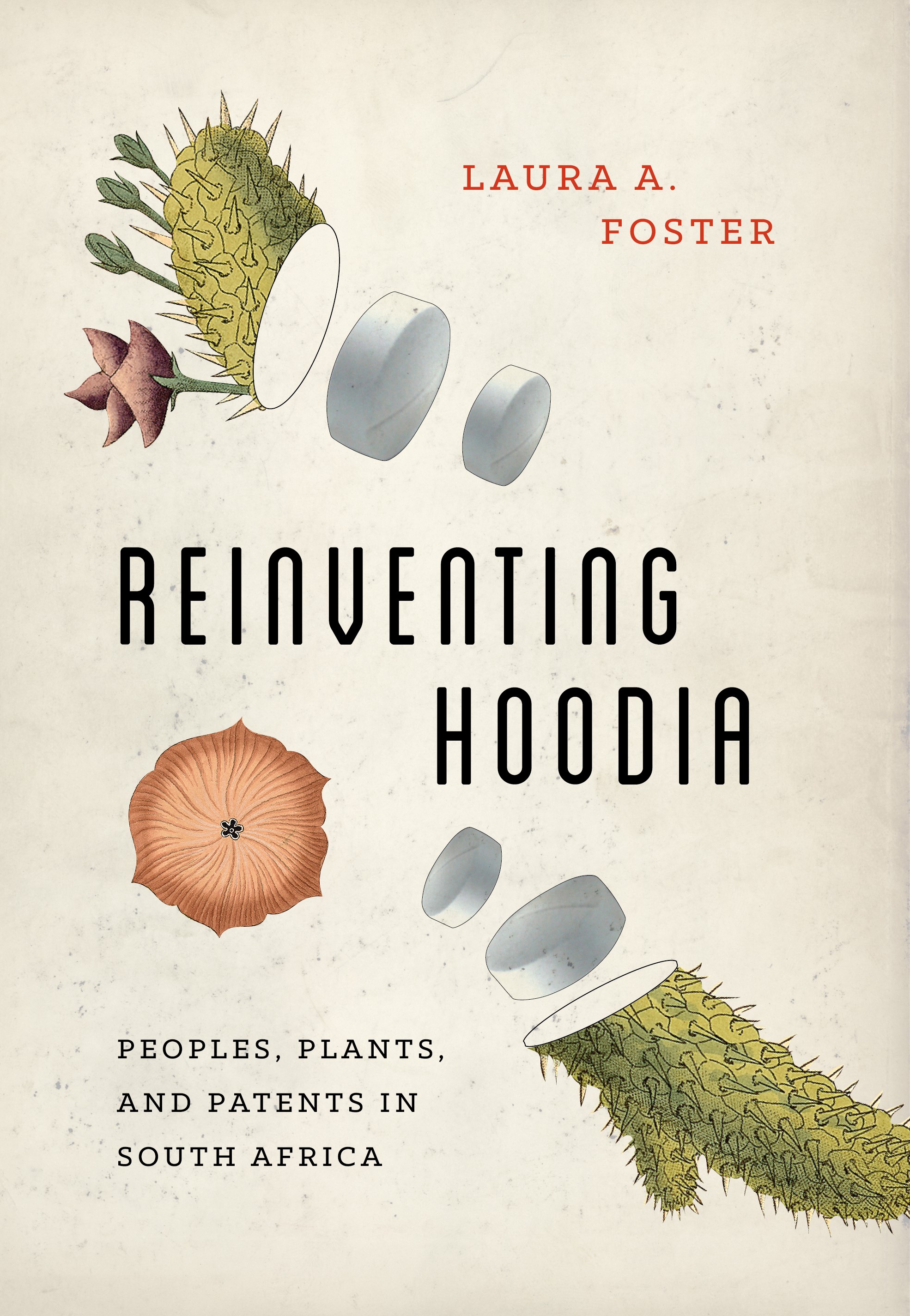
Queer Scholarship and Documentary Opportunity Converge for Ph.D. candidate G Angel
Not all routes through academia are straight lines.

Not all routes through academia are straight lines.

Dr. Graham one of four faculty members named Distinguished Professors

Recognition of outstanding scholarship and leadership in folklore studies

Dr. Allen to serve as Co-Chair of Women of Color Caucus

Pence Rule, part A: Don't travel or dine alone with a person of the opposite sex who isn't your spouse....Pence Rule, part B: Don't attend functions that serve alcohol without your spouse by your side."

Dr. Maria Bucur was awarded an Honorary Doctorate from the National University for Political Science and Public Administration in Bucharest, Romania on May 8, 2018.

Does watching 'The Bachelor' make us dumb?

This innovative text explores the unprecedented changes in the realms of politics, demography, economics, culture, knowledge, and kinship that women have brought about in the twentieth and twenty-first centuries. Global in reach, the book provides a comparative analysis of developments worldwide to show both progress as well as new tensions and forms of inequality that have emerged out of women’s entry into politics, wage employment, education, and the production of culture. Beginning with suffrage and moving to participation in international movements—such as anti-war, labor, and environmental rights activism—Maria Bucur explores how women have transformed the operation of states and international institutions. She focuses on the radical demographic shifts since 1900 through the prism of changing practices in women’s sexuality, from birth control practices to education. Examining the continuing economic gender gap around the world, Bucur highlights ways women have been both beneficiaries of new economic opportunities and participants in developing new forms of inequality. Considering the remarkable achievements of women in the areas of knowledge making and cultural production, the author shifts her gaze toward the future and what these changes mean in terms of gender norms and evolving kinship relations. She thus presents a new perspective on contemporary world history, centered on how women have become both the subjects and objects of seismic shifts in the political, social, and economic structures of societies across the globe.

Laura Foster's book, Reinventing Hoodia: Peoples, Plants and Patents in South Africa, examines how a patented plant found in Southern Africa historically circulates and changes meaning through colonial botanical sciences, patent law rules, ethno-pharmaceutical research, contractual benefit sharing, and sustainable fair trade practices.